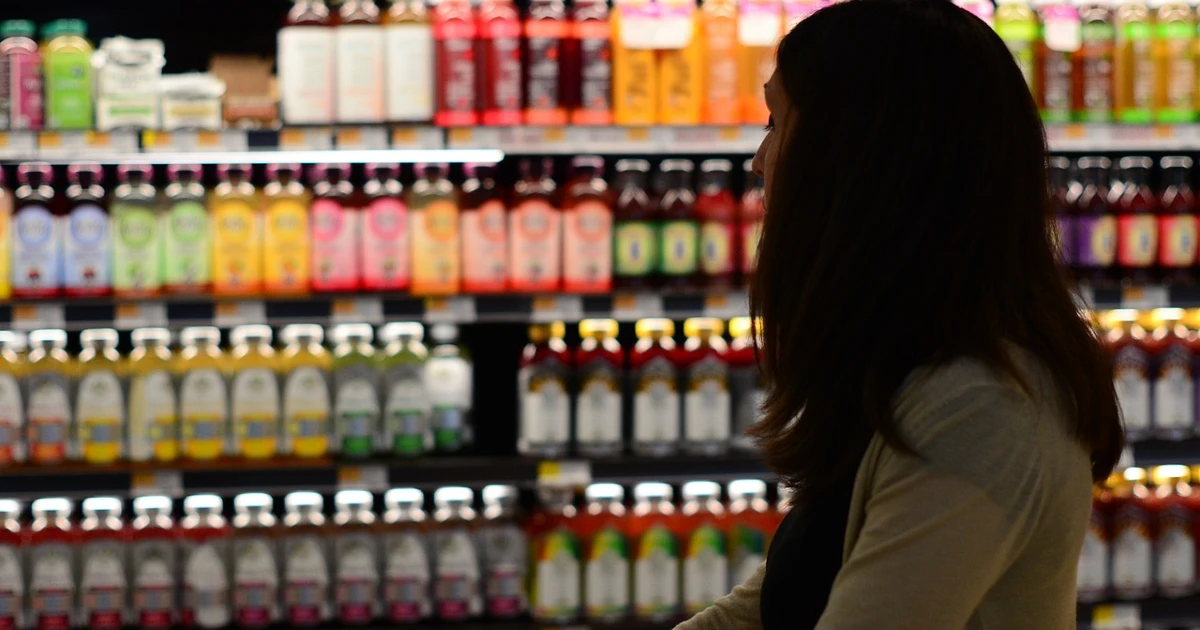Talking to family members and coworkers, it may seem like everyone has been feeling…under the weather for months. As if COVID, RSV, and the flu weren’t enough, there’s been a surge of food poisoning cases across the U.S. Salmonella illnesses associated with ready-to-eat (RTE) charcuterie meat products have sickened consumers in at least 22 states. Meanwhile, Americans have had to can their cantaloupes to stay out of harm’s way. Consumers would benefit from low-cost biotechnologies that could significantly bolster food safety, but unfortunately, the FDA has poo-pooed these innovative products. It’s time for a better and more flexible regulatory approach that keeps people away from excess porcelain times.
Increased food poisoning cases have caught the attention of federal watchdogs and regulatory agencies. The Food and Drug Administration (FDA) and Government Accountability Office (GAO) have been busy cooking up new regulatory schemes to improve food source traceability, but new rules will make foods even more expensive than they already are. In a January 2024 report, the GAO documents the FDA’s (slow) work on a food traceability plan in which it requests data from all points in the supply chain and integrates data into a fledgling information technology (IT) system. The GAO called on the FDA to move faster with implementation, noting that the agency has, “focused on clarifying the Food Traceability List and providing an overview of the rule to industry and state partners” instead of developing a concrete plan. But, as taxpayers know, the federal government and IT don’t mix. The federal government spends an astounding $100 billion per year on IT, and much of this spending goes toward duplicative contracts.
Instead of implementing costly traceability regulations, the federal government could empower companies to improve food safety through biotechnology. This is not a new idea. There are living organisms called “bacteriophages” that can be cheaply injected into foods and destroy deadly contaminants. These phages were originally used in World War II to treat soldiers’ many infections. Research in the 1990s concluded that phage cocktails could work wonders when applied to the food supply.
Biotechnology company Intralytix made history in 2006 when the FDA approved its phage-based product ListShield to eliminate Listeria monocytogenes, which kills about 200 Americans per year. However, the FDA’s approval was not a green light for all phage cocktail producers looking to bring their products onto the market. The agency made strict stipulations in the ListShield approval that hampered new and promising applications of the biotechnology. According to the FDA, only a type of phages known as “lytic phages” were safe for human consumption; “[l]ysogenic [otherwise known as ‘temperate’] phages, as opposed to those that are lytic, have the capacity to integrate into the host genome and may facilitate transfer of toxin or drug resistance genes between bacterial cells.”
This assertion is contradicted by more recent evidence showing that lysogenic phages can be safely utilized for food safety purposes. One 2021 study by Rice University researchers found, “virulent mutants of temperate phages which have lost the capacity to enter lysogeny through mutations or indels (genomic insertions or deletions) have similar propagation dynamics and behavior to lytic phages.” This is key because, without the “capacity to enter lysogeny,” these supposedly harmful phages cannot pose harm to humans. Yet, manufacturers hoping to bring temperate phage products to market are effectively stymied by FDA regulations from 2006.
Updating these rules would likely save taxpayer dollars and free up regulatory resources to focus on other parts of the food and drug safety system. With access to cutting-edge technologies, Americans wouldn’t need to think twice before slicing cantaloupe or preparing a charcuterie board. Regulations should reflect the appetite for greater food safety and innovation.
David Williams is the president of the Taxpayers Protection Alliance.















